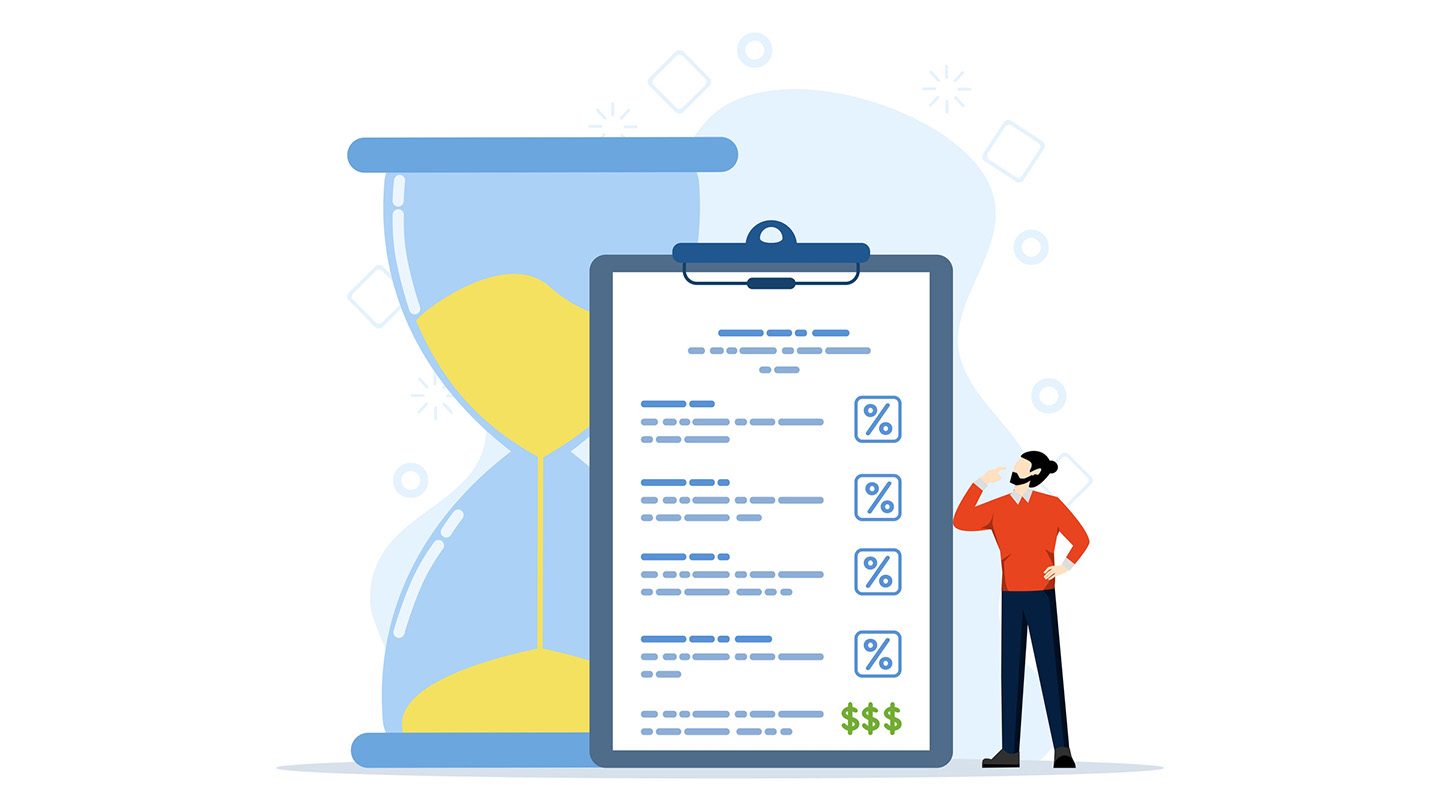What is trended data and does it affect credit?

Highlights
- Trended data shows a person’s pattern of financial behavior over a set period of time, generally about 24 months.
- Trended data is more detailed than credit scores and can tell a lender more about your risk.
- Financial choices highlighted in trended data may help or hurt your ability to open future lines of credit. Curious to know what trended data is and if it can affect your credit? Learn more below.
What is trended credit data on a credit report?
When you think of data and credit, your mind may go straight to credit scores; however, these are just a snapshot of a person’s creditworthiness. On the other hand, trended data, which is often used by creditors, evaluates a consumer’s financial behavior over a set duration of time. This data shows patterns in how a person manages their money, which can help lenders predict how much risk a consumer may pose.
Trended data is something the three main credit bureaus — Experian™, Equifax® and TransUnion® -- may incorporate to their credit scoring models. If you’re curious about the factors that go into calculating your credit score and ways to potentially improve it, you can enroll in Chase Credit Journey®, a free online tool where you can track your VantageScore® 3.0. In this article, we will go over:
- What information is found in trended dat
- How credit is impacted by trended data
What information is found in trended data?
Trended data contains information similar to the information found in credit scores, but there is more detail and nuance. Additionally, just like how different credit scoring models may weigh factors differently, trended data, depending on the credit bureau, may also consider certain factors more heavily than others.
Generally speaking, trended data looks at important financial information around making payments. For example, Experian breaks down trended data into the following categories over a 24-month period:
- Balance amount
- Original loan/limit amount
- Scheduled payment amount
- Actual payment amount
- Last payment date
Other information that is often found in trended data may include, but is not limited to:
- Average credit utilization ratio over set timeframe
- Number of credit limit increases or decreases
- How much you pay over the minimum payment
- Your credit balances across all accounts
How is credit impacted by trended data?
While a credit score provides a clear, numerical snapshot of your financial well-being, trended data can showcase a person’s tendencies, patterns and other important behaviors that can make or break their ability to get approved for lines of credit, loans and more.
Trended data won’t directly impact your credit score — rather, it may provide a more detailed account of your financial behavior, unlocking a more comprehensive portrait of your relationship with credit. If you’re curious about how you can improve your credit score, however, Credit Journey® is a useful online tool where you can receive a personalized action plan provided by Experian to help guide you on your way to improving your credit score over time.
If a person consistently makes more than the minimum monthly payment, trended data will account for this as a positive reflection on their ability to make payments. Someone who does this consistently may appear less risky than, say, someone else who only makes the minimum monthly payments. Even if these two people have similar credit scores, the person who pays more than the minimum payment may be seen as more financially responsible and help improve their chances of getting access to more lines of credit.
Similar to credit scores, trended data can either help or hurt you — it depends on how you manage your finances and monitor your credit. If you keep up to date with your credit report, make your payments on time and avoid accruing loads of debt, trended data can have a positive impact on your financial well-being. However, trended data doesn’t impact your score directly — it's the totality of your behavior and the specific actions you take over time that will impact your credit and your credit score.
In summary
As more technical, nuanced and detailed information becomes available to predict a person’s financial behavior, it’s important to stay aware of your credit and make the correct decisions. Enrolling in Credit Journey® is a free, accessible way of learning more about your credit score and ways to improve it over time. By leveraging your knowledge about trended credit data, you can learn how certain behaviors impact your credit on a larger scale.



